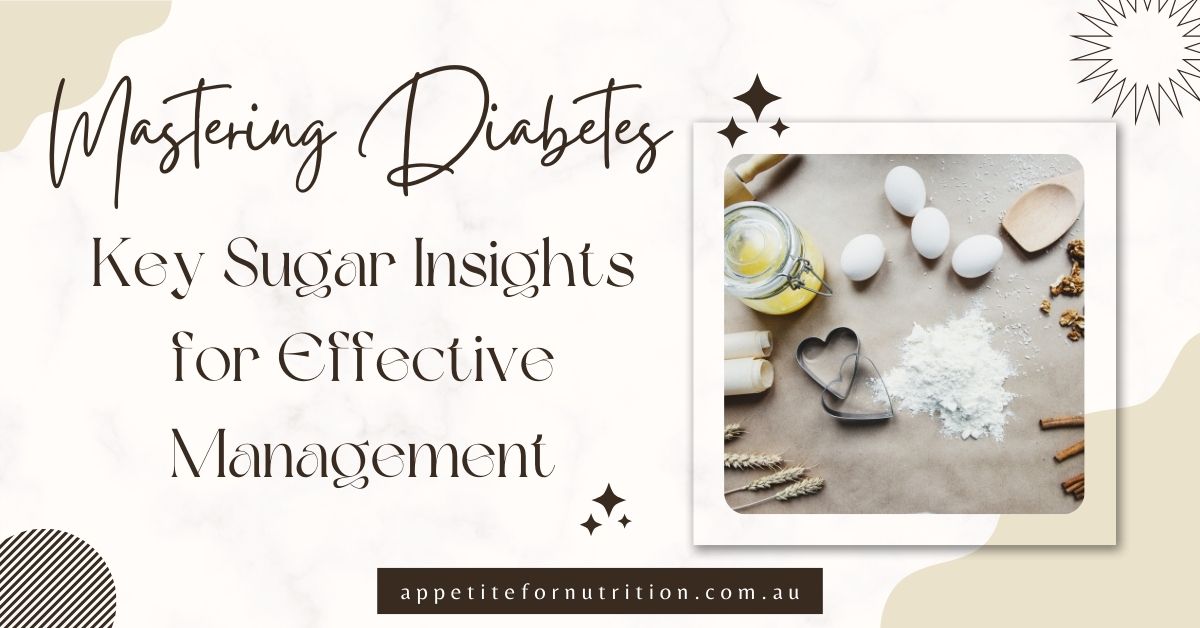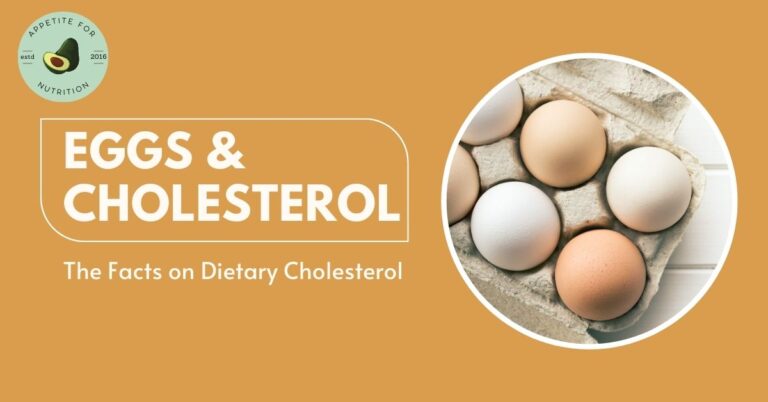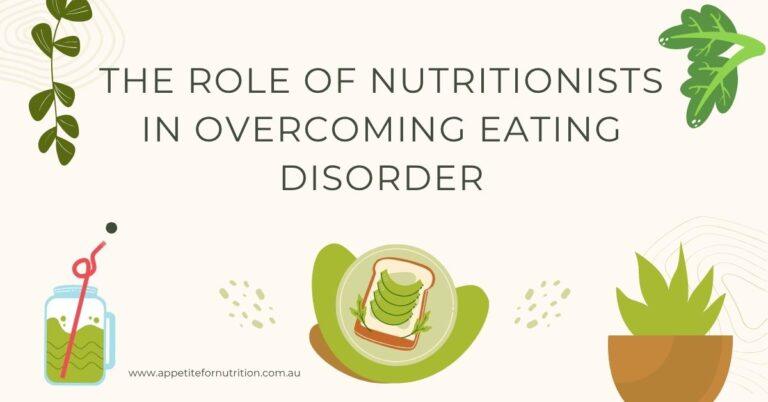
Mastering Diabetes: Key Sugar Insights for Effective Management
Living with diabetes means paying close attention to what you eat — and sugar is one of the biggest factors that can influence your blood glucose control. Understanding how different types of sugar affect your body and learning how to make balanced food choices can make diabetes management simpler and more sustainable.
Whether you’re newly diagnosed or looking to fine-tune your nutrition, this guide from our Melbourne dietitians covers everything you need to know about sugar and diabetes.
Understanding the Types of Sugar
Not all sugars are created equal. Knowing the difference between natural and added sugars can help you make smarter choices.
1. Natural Sugars
Found in: Fruits (fructose), vegetables, and dairy (lactose).
Effect: These sugars are accompanied by fiber, water, and nutrients that help slow digestion and reduce sudden blood sugar spikes.
2. Added Sugars
Found in: Processed foods, soft drinks, sweets, sauces, and packaged snacks.
Effect: Added sugars are rapidly absorbed and can cause quick increases in blood glucose and energy crashes later on.
💡 Tip: Try limiting added sugars to less than 6 teaspoons (25g) per day for women and 9 teaspoons (36g) for men, as per the Heart Foundation guidelines.
How Sugar Affects Blood Sugar Levels
When you consume sugary foods or drinks, your blood glucose rises. The body releases insulin to move sugar into the cells, but if you have diabetes, this process doesn’t work efficiently — leading to high blood sugar levels (hyperglycemia).
Over time, unmanaged blood sugar can lead to complications like:
Heart disease and high blood pressure
Nerve and kidney damage
Vision problems
Fatigue and mood fluctuations
That’s why learning to balance sugar intake with healthy habits is essential.
Smart Nutrition Tips for Managing Sugar Intake
1. Read Food Labels Carefully
Look for hidden sugars under names like glucose syrup, maltose, dextrose, fruit juice concentrate, or molasses.
👉 Tip: Choose products with less than 10g of sugar per 100g where possible.
2. Prioritise Whole Foods
Choose unprocessed foods such as vegetables, fruits, legumes, and whole grains. They’re naturally rich in fiber, which slows sugar absorption and supports gut health.
Read more about: Gut Health and Probiotics: 2025 Research-Backed Ways to Improve Gut Health
3. Control Portions of Natural Sugars
Even healthy foods like fruit can raise blood sugar if eaten in large amounts. Stick to one medium piece of fruit or ½ cup of chopped fruit per serve.
4. Limit Sugary Drinks
Soft drinks, sweetened teas, and energy drinks are among the biggest sources of added sugar. Swap them for water, herbal tea, or soda water with lemon or mint.
5. Use Sugar Substitutes Wisely
Stevia, monk fruit, or erythritol can help reduce sugar intake, but they should be used in moderation and as part of an overall balanced diet.
The Role of Carbohydrates
Carbohydrates have the greatest effect on blood sugar. Focus on low-GI (glycaemic index) options that release energy slowly, such as:
Whole grains (oats, brown rice, quinoa)
Legumes and lentils
Sweet potato and non-starchy vegetables
Balancing carbs with lean protein and healthy fats helps prevent glucose spikes and keeps you full longer.
Check out: Affordable Nutrition: Eating Healthy Without Breaking the Bank
Work With a Dietitian for Personalised Diabetes Support
Managing diabetes can be complex — but you don’t have to do it alone.
An NDIS-registered dietitian or Medicare-covered dietitian can help you:
Develop a customised meal plan that fits your lifestyle
Balance carbohydrate intake with insulin or medication
Identify food triggers that affect your glucose
Create sustainable habits that support long-term health
Final Thoughts
Managing diabetes isn’t about cutting out sugar completely — it’s about making mindful choices that keep your blood sugar steady and your body nourished.
By focusing on whole foods, balanced meals, and consistent routines, you can enjoy food while supporting your health goals.
If you’re seeking professional guidance, our team of Accredited Practising Dietitians in Melbourne can provide tailored support for diabetes, NDIS participants, and chronic health management.
This blog was updated October 2025.
Frequency Asked Questions
Looking for more information? Explore our FAQs for clear, evidence-based answers about nutrition services, NDIS dietitian support, Telehealth appointments, and meal planning programs.
No, you don’t need to eliminate sugar entirely. The goal is to limit added sugars and focus on natural sources like fruit in moderate portions. Balance is key.
Stevia, monk fruit extract, and erythritol are popular choices because they don’t raise blood sugar. Always choose products with minimal additives.
Absolutely! A diabetes dietitian can teach you how to balance carbs, monitor blood glucose trends, and plan meals that support long-term control.
No — fruit provides vitamins, minerals, and fibre. Stick to low-GI fruits like berries, apples, or oranges, and enjoy them in controlled portions.
If you’re an NDIS participant, you can access nutrition support under Improved Health and Wellbeing.
If you have a chronic condition, you may also qualify for Medicare rebates under a GP Management Plan.
👉 Visit our Fees page to learn more.



